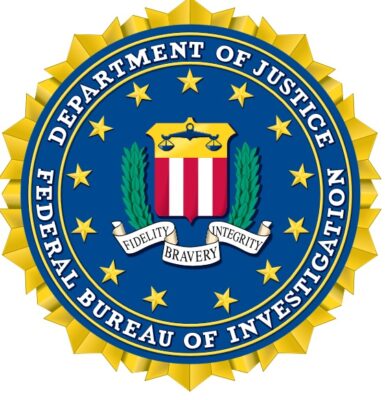Two Central Illinois men in two separate cases have been indicted for alleged fraud in connection with major disaster or emergency benefits available through the Small Business Administration.
25 year old Charles J. Jones of Springfield is alleged in June to have submitted an application for an Economic Injury Disaster Loan for a business, known as “Just Like Jilla,” which did not exist. The indictment alleges that Jones made false representations on the loan application including that the business had existed more than one year, that it employed 11 people, and, had gross revenues of $1.2 million. In addition, Jones allegedly denied having been convicted of a felony within five years of when he completed the loan application. The SBA wired approximately $160,000 in loan proceeds into Jones’ bank account. Jones is also charged with four counts of wire fraud.
In a separate indictment, 44 year old Peter Garrido-Baez of Beardstown allegedly applied for and received two SBA Covid-19 related loans for “Garrido Apartments;” one for approximately $26,000 and one for approximately $72,500. After the loan proceeds were received, Garrido-Baez allegedly transferred $72,500 into a different account at a local bank and then had $79,800 wired from the local bank to a bank account in the Dominican Republic. The applicable loan agreement mandates that loan proceeds be solely used as working capital to alleviate economic injury caused by disaster and expressly prohibits using any portion of the loan proceeds to relocate outside the disaster area. Garrido-Baez allegedly wired the money to the Dominican Republic for construction and building apartment buildings in the Dominican Republic. Garrido-Baez is also charged with seven counts of wire fraud and one count of money laundering.
Each of the men are set to be arraigned in federal court in Springfield on January 5th. If convicted, the maximum statutory penalty for fraud in connection with major disaster or emergency benefits is up to 30 years in prison. The maximum penalties for both mail fraud and money laundering is up to 20 years in prison.
The charges were investigated by the Internal Revenue Service, Criminal Investigation Division as part of a Central Illinois Task Force directed at combating COVID-19 related fraud. Other participating agencies in the task force include the Small Business Administration, Office of Inspector General; U.S. Secret Service; Federal Deposit Insurance Corporation, Office of Inspector General; U.S. Postal Inspection Service; U.S. Department of Labor, Office of Inspector General; and, the Federal Bureau of Investigation.




